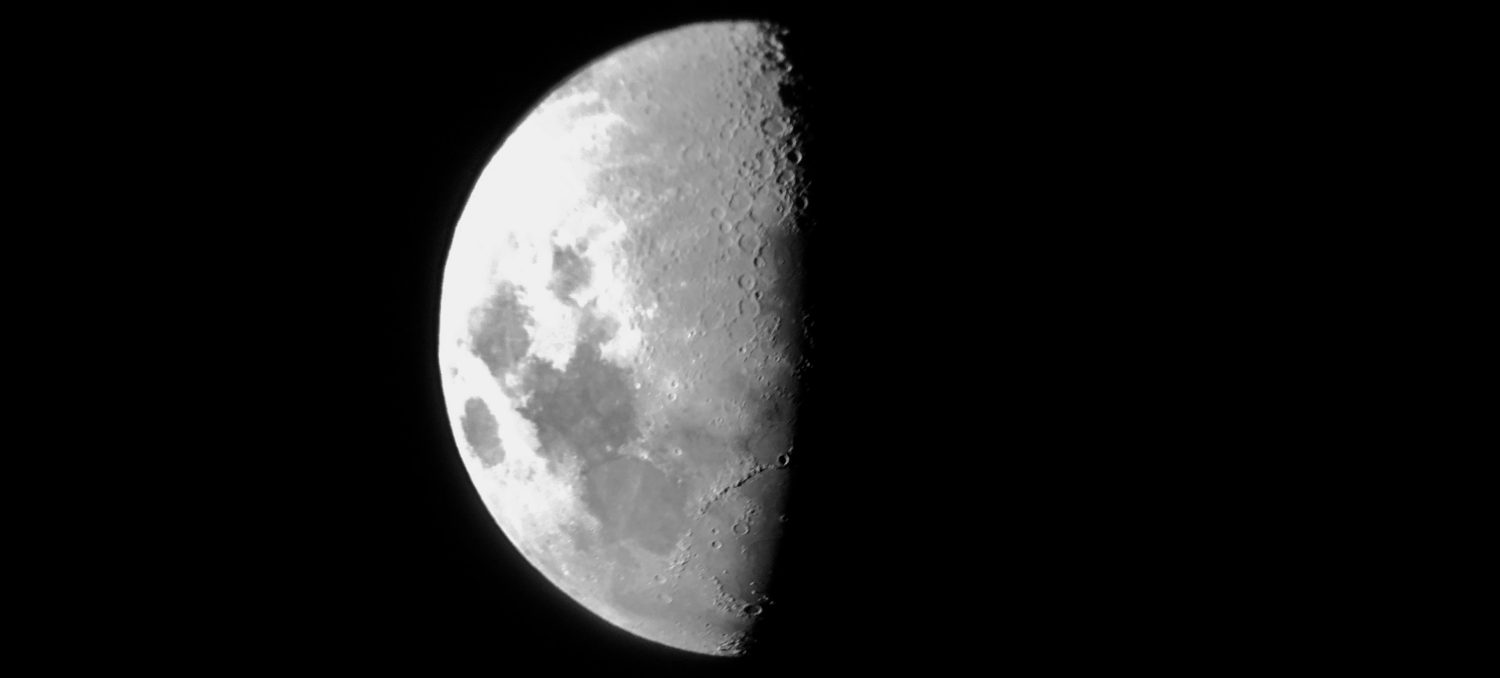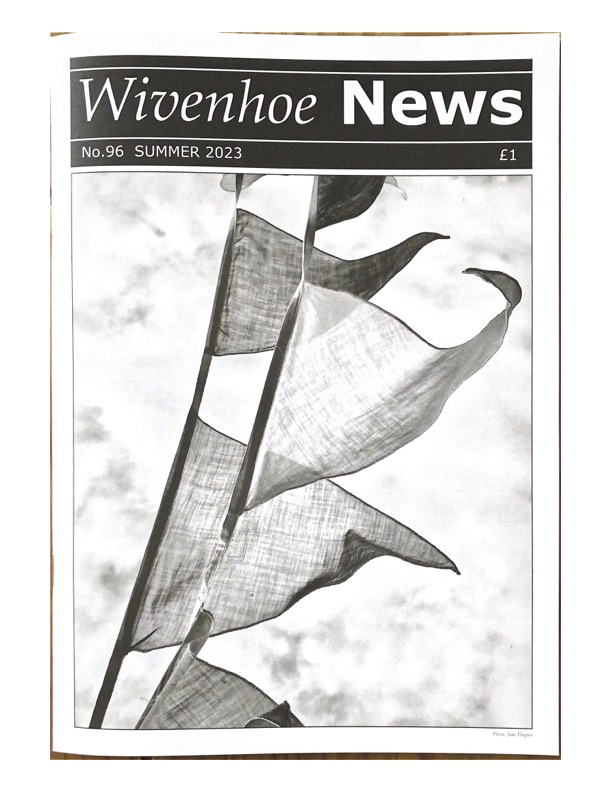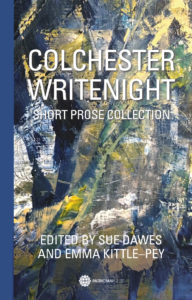
Sue’s paper, ‘Communicating Gender: A Creative-Critical Approach to Pronouns in Speculative Fiction’, is based on a chapter from her PhD thesis, and has been published in Foundation 147 (Volume 13). As with any writing, although the idea and main body of work is imagined by the author, there is input from other academics, editors, and writerly friends. It is this collection of people, their expertise and encouragement, who make the end product the best it can be.













